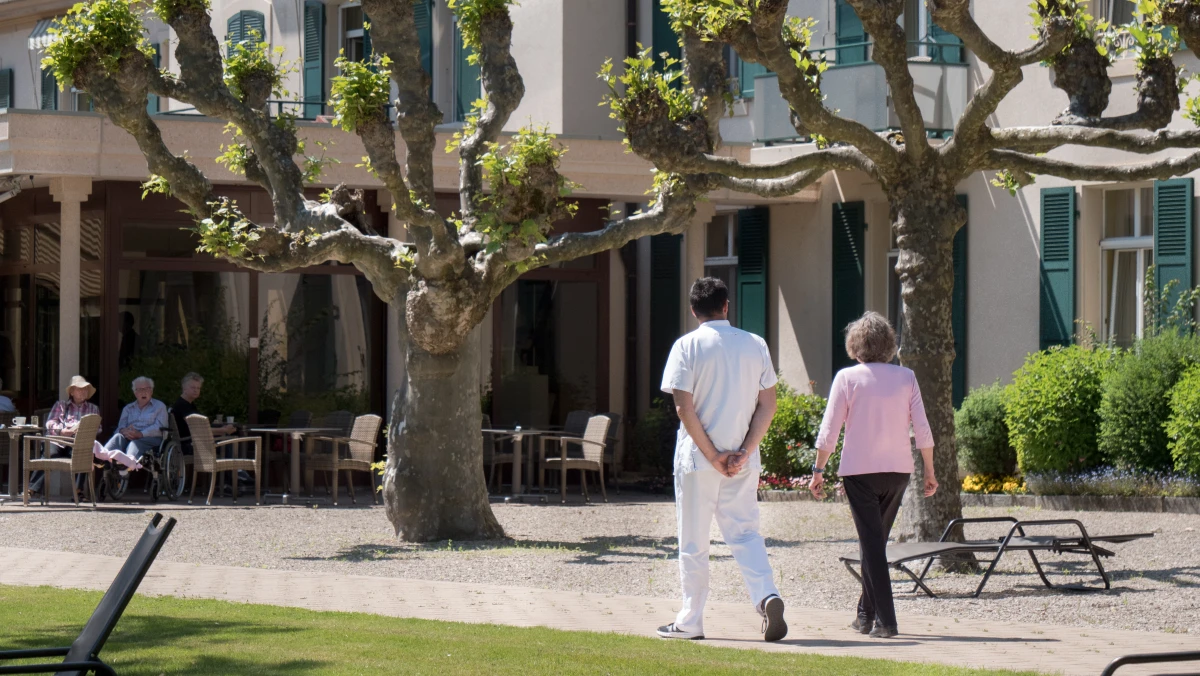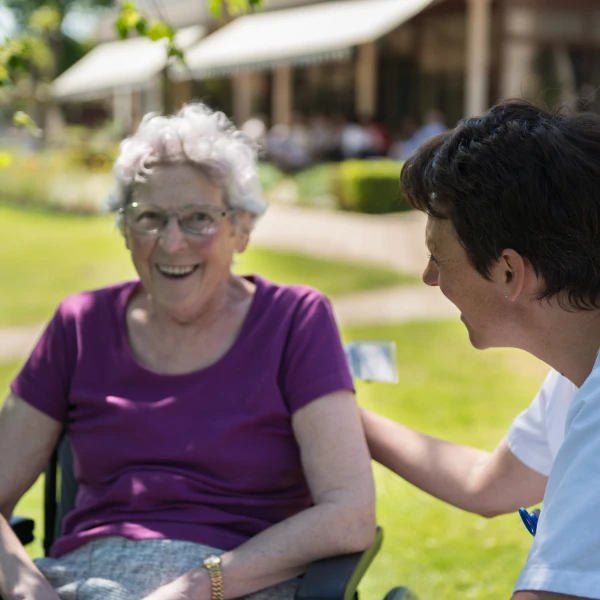Article 3 : Role of the caregiver in the healthcare facility
The facility systematically asks each patient if they are supported by a caregiver and if they wish for them to be involved during their stay. This information will be recorded in writing (e.g., admission document, patient file, handover document).
The caregiver may be identified with a specific badge when visiting healthcare facilities, with the option to benefit from adjusted visiting hours.
The physician, nursing team, and patient define the scope of the caregiver's involvement during the hospital stay. The caregiver respects and adheres to the facility's operational rules and cannot substitute for the nursing teams, whose work they respect. The physician and nursing team remain the coordinators and responsible parties for patient care.
Lastly, the facility highlights the existence of an "Emergency Caregiver Card" issued by the La Côte Foundation and the Association of Caregivers, which outlines procedures to follow in emergency situations.





